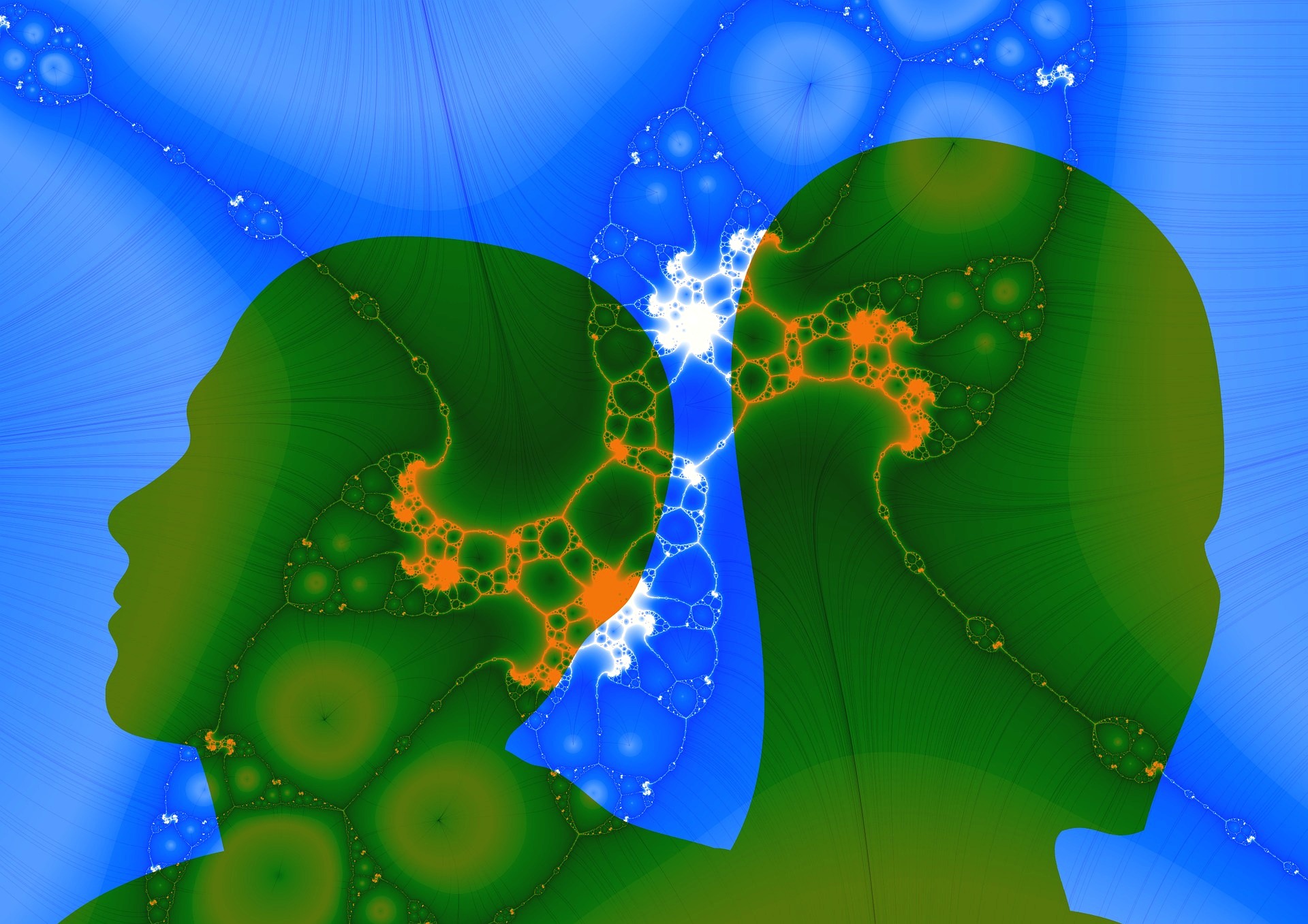Music therapy has beneficial effects for patients with terminal cancer
Music therapy has beneficial effects for patients with terminal cancer
According to a clinical trial, the results of which are published in Frontiers in Psychology. Rafael Ramírez, a researcher with the Music Technology Group, is the first author, with the participation of the Oncology Service of the Mar Health Park at the Mar Medical Research Institute of Barcelona and the Catalan Institute of Music Therapy.
Helping palliative care patients and their families effectively cope with the pain, worry and emotional impact inherent in the diagnosis of terminal cancer is a recurrent challenge for doctors and nurses in palliative care units. It is known that music has the power to induce strong emotions and that it affects people’s mood, and now there is evidence that music therapy has beneficial effects for patients with terminal cancer.
Rafael Ramirez, a researcher of the Musical Technology Research Group (MTG) of the Department of Information and Communication Technologies (DTIC) at UPF is the first author of the work, published on 3 March in the journal Frontiers in Psychology, with co-authors Josep Planas and Cristina Farriols, doctors of the Oncology Service at the Mar Health Park at the Mar Institute of Medical Research of Barcelona, and Núria Escudé and Jordi Mercadé, researchers at the Catalan Institute of Music Therapy.
The aim of this study is to contribute to the understanding of the emotional effect (estimated by patients’ brain activity) of music therapy (MT) in the context of palliative care. More specifically, the study attempts to evaluate the effectiveness of a particular music therapy intervention (a 30-minute session including active and receptive MT techniques) to improve the emotional state of palliative care patients by analysing their brain activity with electroencephalography (EEG). The emotional states of patients were considered before, during and after the music therapy sessions in order to evaluate the general emotional effect of the MT session and to evaluate the emotional effect of certain MT techniques (active and receptive).
The first controlled, randomized clinical trial of its kind
A sample of 40 participants diagnosed with terminal cancer at the palliative care unit of the Mar Hospital in Barcelona was randomly assigned to one of two study groups: the first group, the experimental one, with music therapy, and a second, control group, was assigned only with support. Based on previous studies for detecting emotions through electroencephalogram (EEG), in this trial the authors were able to measure the instantaneous response to music therapy by EEG.
Before the MT session, the participants assigned to the experimental group were interviewed about their musical preferences to identify specific pieces that were included in their MT session. The music included instrumental and vocal pieces in various musical genres (classical and popular), such as Canon de Pachelbel, La Bella Lola, Rien de rien, Hey Jude, Color Esperanza.
The researchers analysed the general effect on patients with advanced cancer and music therapy compared to patients in the control group, as well as the relative effect of the different techniques of music therapy applied during each session at which they took five conditions into account: the initial state, before starting music therapy; passive listening; active listening; relaxation; and the patient’s final state.
The results of the study reveal a positive emotional effect in terminal cancer patients with music therapy, while no significant changes were found in the patients in the control group. In addition, according to the responses to the questionnaires before and after the intervention, the participants in the experimental group also showed a significant decrease in tiredness, anxiety and breathing rate, as well as increased levels of well-being, which the researchers were not able to observe in the control group.
The present study is the first controlled, randomized clinical trial worldwide to examine the emotional effects of music therapy in palliative care through information on brain activity. According to the American Music Therapy Association, music therapist is an established health profession in which music is used in a therapeutic relationship by addressing the physical, emotional, cognitive and social needs of individuals (American Music Therapy Association, 2017).
Reference work:
Rafael Ramírez, Josep Planas, Núria Escudé, Jordi Mercadé, Cristina Farriols (2018), “EEG-Based Analysis of the Emotional Effect of Music Therapy on Palliative Care Cancer Patients”, Frontiers in Psychology, 3 March.

